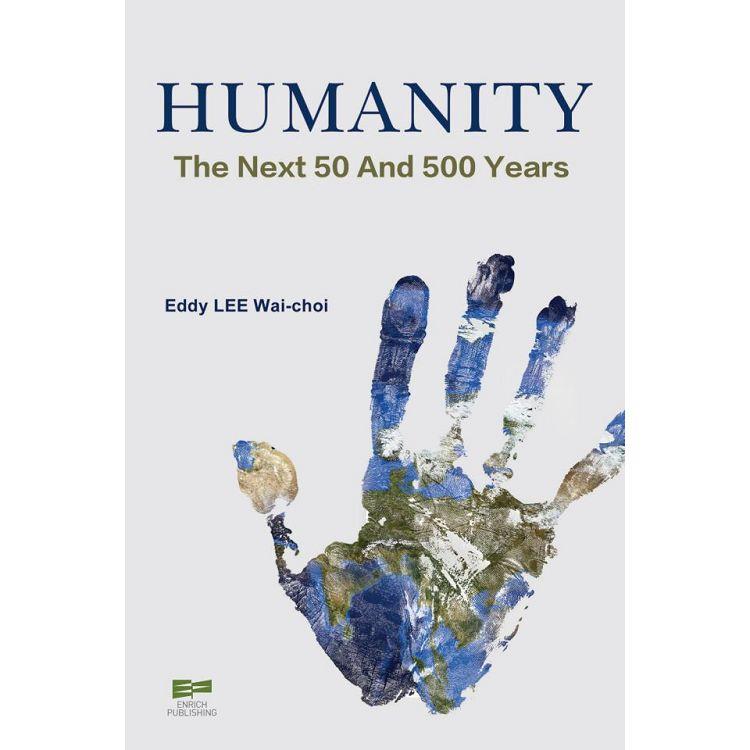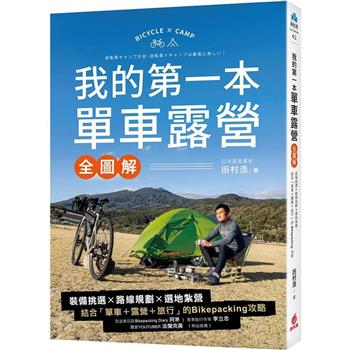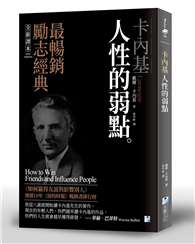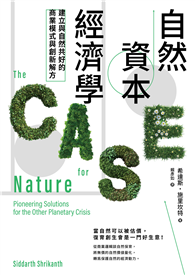| FindBook |
|
有 1 項符合
eddy lee wai-choi的圖書 |
 |
$ 695 ~ 711 | Humanity:The Next 50 and 500 Years【金石堂、博客來熱銷】
作者:Eddy Lee Wai-choi 出版社:天窗 出版日期:2023-10-31  共 4 筆 → 查價格、看圖書介紹 共 4 筆 → 查價格、看圖書介紹
|
|
|
Humanity stands at a crossroads. The path we choose could lead either to the collapse of civilization, with horrendous suffering to follow, or to a new renaissance, where humankind reaches for the stars. The outcome hinges on our decisions and actions—or lack thereof—taken now and in the coming decades. It's a daunting prospect. Yet, ready or not, we are the chosen generation, and there's no escape from the 'fierce urgency of now.'
In this book, Lee Wai-choi, Eddy, former Senior Scientific Officer of the Hong Kong Royal Observatory and renowned science writer, begins with a comprehensive yet insightful survey of civilization's evolution since the Agricultural Revolution. He explains how we have arrived at this juncture in history before unveiling key features of the contemporary scene and highlighting the formidable challenges ahead. Using the next 50 and 500 years as reference points, he poses relevant questions and offers bold predictions for humanity under various scenarios. Both pessimists and optimists will find ample food for thought here, perhaps even enough to last a lifetime.
Abraham Lincoln once said, 'If we could first know where we are, and whither we are tending, we could then better judge what to do, and how to do it.' This book serves as an indispensable tool to help us understand 'where we are, and whither we are tending.' It will transform the way you look at the world and offer valuable insights on how we should shape our future.
作者簡介:
LEE Wai-choi, Eddy, is a prolific science writer with an impressive corpus of over 40 published books. His works span a diverse range of subjects, encompassing astronomy, space travel, science fiction studies, anthropology, philosophy, environmental science, and political economy. Humanity: The Next 50 and 500 Years marks his fourth book written in English, following the titles: Rambling Through the Universe, The Quest for CyberCathay and The Urge of Capital.
Eddy currently resides in Sydney, where he continues to pursue his passion for writing and exploring the realms of knowledge.
Chapter 1 The Ascent of Civilization: Blessings and Curse
1.1 From Nature to Culture: Memetic Evolution
1.2 Agricultural Revolution and the Rise of Civilization
1.3 The Agricultural Trap
1.4 Money Makes the World
1.5 The Great Axial Age and the First Enlightenment
Chapter 2 The Road to Modernity: Liberation and Alienation
2.1 Rise of the West and Global Domination
2.2 The Second Enlightenment
2.3 Industrial Revolution and the Rise of Capitalism
Chapter 3 Contemporary Sce...
|








